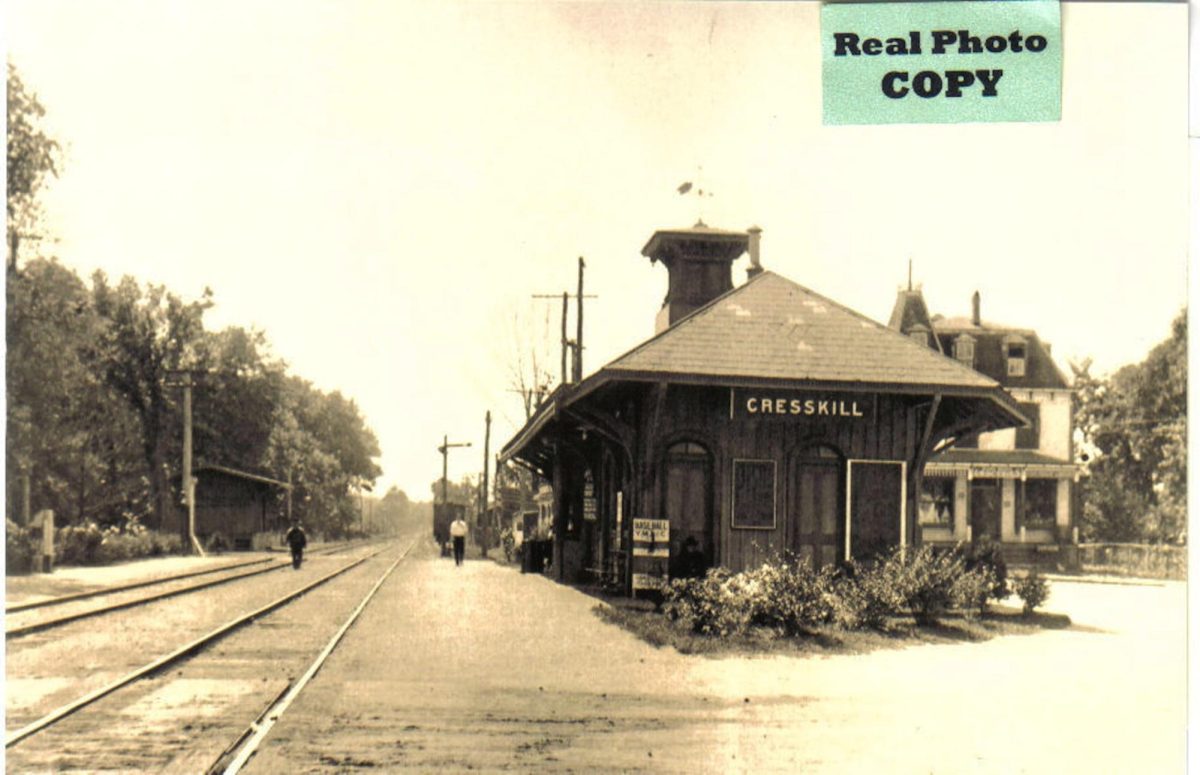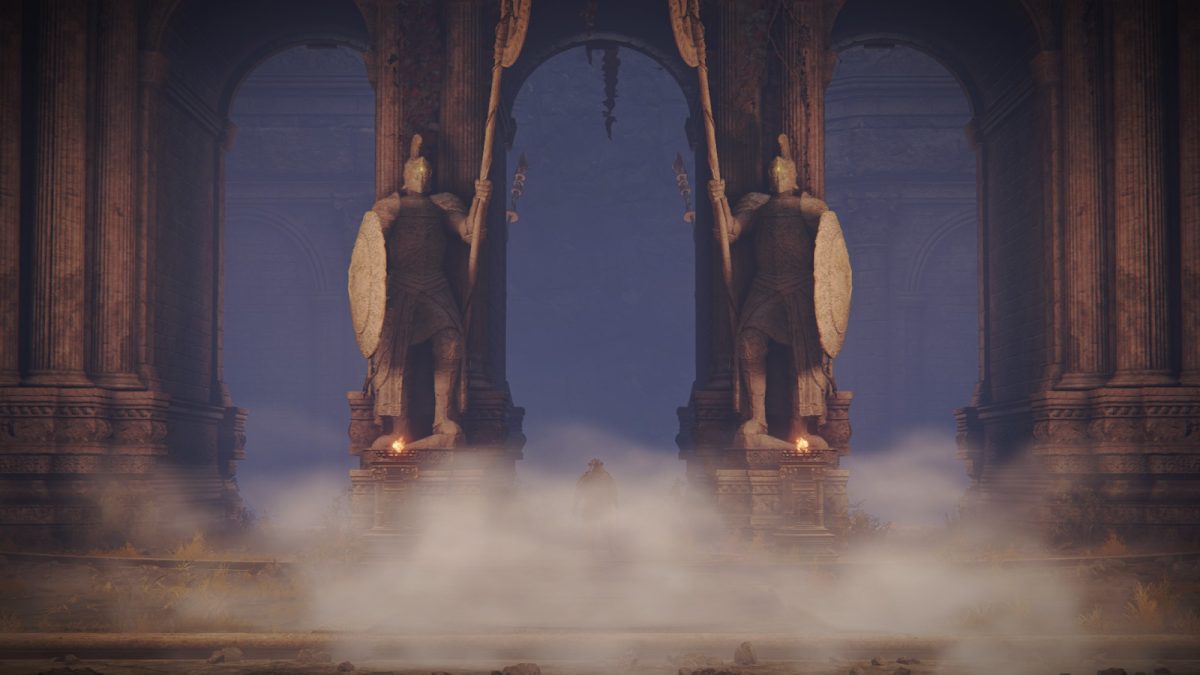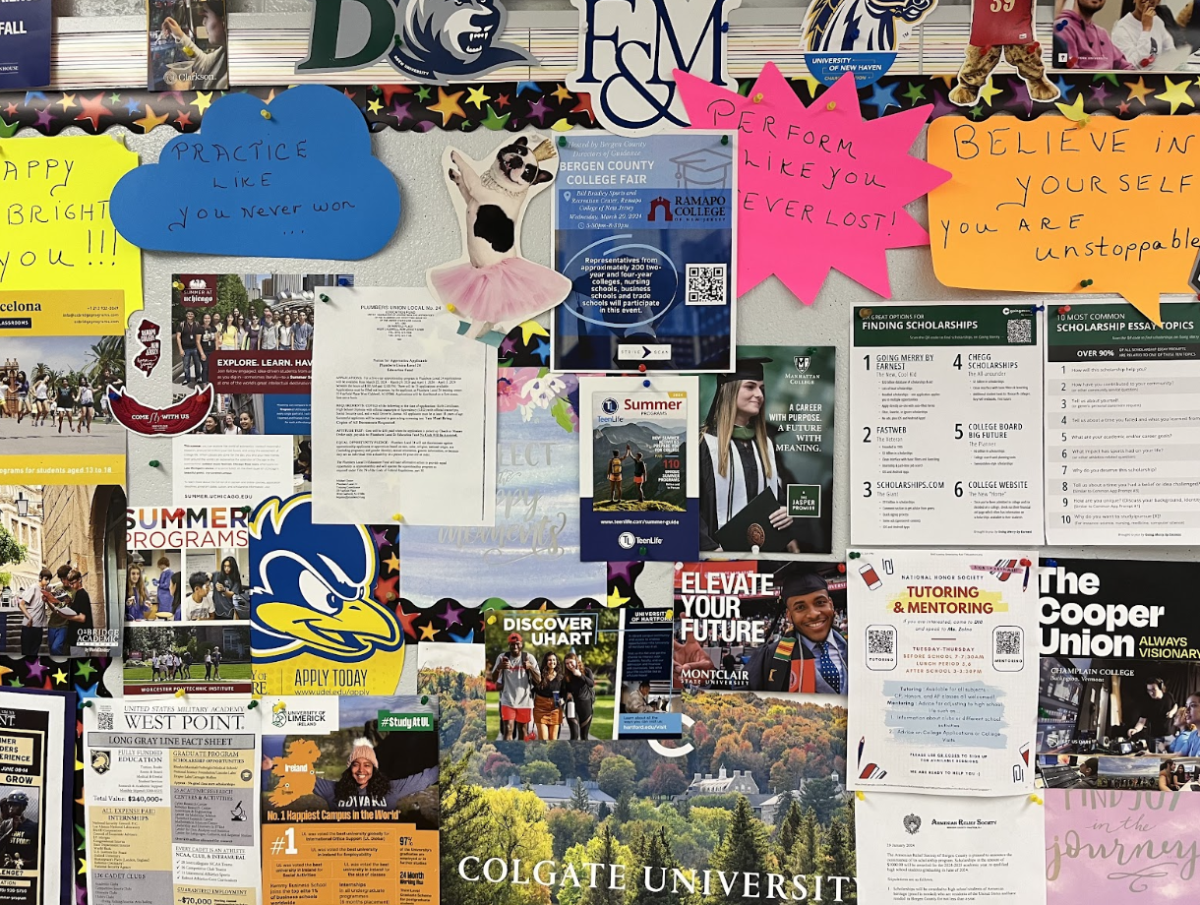The college process is one of the most important parts in a high schooler’s life, and it comes with a lot of stress and new responsibilities. Here is a guide to help incoming freshmans, all the way to seniors, on what the process entails and recommendations on how to go about it.
As a freshman, there is not much to do in regards to the actual process, but the classes you take are very important. This is the first year you can actually choose your own based on your interests and what you excel at, so it’s important to use that as a guide. Although there are certain classes you have to take, there are electives that you decide on. It’s important to choose electives you actually care about and have interests in, as you will be inclined to try in those classes and even enjoy them. This is the year that you can start out-of-school activities to put on your Common Application (what you submit to colleges), so it’s important to also find extracurriculars that you care about. Caring about your extracurriculars will not only mean you enjoy them, but then you will stay consistent with them throughout all of high school, which colleges like to see. Colleges like to see your classes in school and extracurriculars connect. For example, if you like writing, take English related classes, and maybe join the school newspaper.
Sophomore year is pretty similar in the fact that you should continue focusing on academics, taking classes you like, and continuing your extracurriculars. This year, however, you can take the PSAT, which is a practice SAT that can help you understand what you need to work on for the SAT. Although many colleges are test-optional and don’t require the SAT, doing well on it will increase your chances of getting into colleges.
Junior year is when the fun (lol) begins! If you want to get a better look at what you need to work on for the SAT, you can take the PSAT again early on in the year to create a study plan. Based on your PSAT scores from Sophomore or Junior year, you can start studying. Khan Academy is a very useful tool, as you can insert your score and take quizzes to see exactly what you need to work on. For the actual college part, now is the time to start researching colleges. Take into account acceptance rates, academics, test scores, GPA, location, campuses, social life, etc. Naviance is a good tool to use to see the statistics of former CHS students and whether they go into the colleges you’re interested in or not. Niche is also a very useful website, as you can insert your preferences like what I listed above, and they match you with colleges that fit your criteria. Talking to people who go to the colleges you’re interested in, emailing admissions counselors, going to college fairs, and looking at college websites are all useful in getting to know the colleges you’re interested in. Now is also the time to start visiting colleges. Most colleges only have tours on weekdays, so utilize breaks and long weekends. In regards to school, you should continue taking classes you enjoy. Don’t force yourself to take random AP classes, but take ones that match your interests and what you excel at. You know yourself best, and you know what classes you’d suffer in, and those where you actually want to be there. As previously mentioned, continue your extracurricular activities, colleges love seeing consistency. It is also important to build good connections with your teachers, as they are good support systems and can guide you. You can start thinking about who you would like to write your recommendation letters, and towards the end of the school year, ask them. You should ask your teachers in person, as it shows you care and that you value their time. Mention how important their classes are and how they shaped you as a student. This is your time to show your genuine gratitude and thanks to them.
I won’t sugar coat it, the summer leading to Senior year is challenging. By now, you should have a pretty finalized list of the colleges you’re applying to. You should start thinking and outlining your personal essay, and look at the supplements you have to write. I would recommend that by the end of the summer, all the essays should be done. First marking period senior year, you should focus on getting back into the groove of school and focus on your work, and essays are just unnecessary stress. Now is the time to decide if you’re applying Early Action or Early Decision to any schools. Making a google spreadsheet of all your colleges, if you completed their supplemental essay (if they have), and their deadline is very useful. The common application opens August 1st for the next graduating class, so you can start working on your common app then. You should also decide whether you’re submitting your SAT/ACT, and AP Exams or not.
Senior year is for submitting your applications, and a lot of waiting. Most EA deadlines are in November, and regular decisions are in January. So the first half of the school year is for completing and submitting applications. Now it’s time to stress and wait, and wait some more! And stress more. I just tell myself the hard part is over with, and the decision is out of my control so there’s no reason to stress too much. Also, if you took the time to read this, you’re probably intelligent and amazing, so I believe you’d get into any college you want. You got this, good luck!








